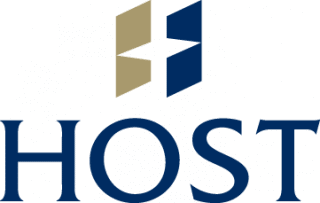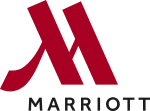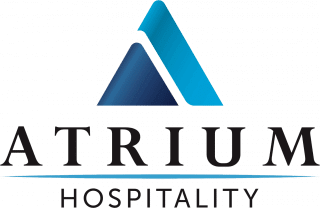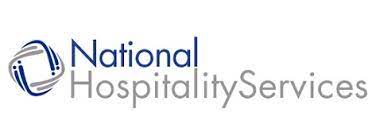Hospitality Cost Reduction
Going over and above for your guests can build your reputation and your business. But paying too much for business services depletes resources that could be better invested in your clients’ experience. SIB helps you optimize and streamline all the behind-the-scenes services that keep your business running so you can stay focused on enhancing the main attraction.


Reduce hotel operating costs with no upfront investment. Our performance-based model means you pay only when we achieve and validate cost savings on your behalf.
Save money and reduce complexity without changing vendors, service levels, or operational processes. Our self-funded services means we only share in the savings we unlock.
Take advantage of our 500,000+ pricing benchmarks to promote more successful vendor negotiations and secure best-in-class rates, terms, and conditions.
Gain insights that inform better, faster business decision-making and more confidently optimize all aspects of your business services.







Power up your business and bottom line with an average of 11% savings on electricity, natural gas, water, and propane, more reliable service, and reduced billing errors.
Reduce telecom expenses by an average of 28% with a rightsized network, competitive market rates and terms, and a proactive approach to eliminating common billing errors.
Optimize your payroll processing solution to simplify and better meet your company’s human capital management needs while saving an average of 24%.

“We were impressed by SIB’s meticulous process and the breadth of recommendations with savings in no fewer than eight different spend categories…SIB is perfectly suited to the hotel business and assorted vendor costs common to our industry.”

“SIB reviewed our monthly recurring costs, standardized services, and negotiated lower rates for waste removal, telecom, security systems, and maintenance contracts. They even secured significant funds from two class action settlements that spanned our portfolio.”

“SIB audited our NY and Miami locations…They identified billing errors and negotiated lower rates for our vendor services for telecom and pest control. We gladly recommend SIB to other hospitality groups.”